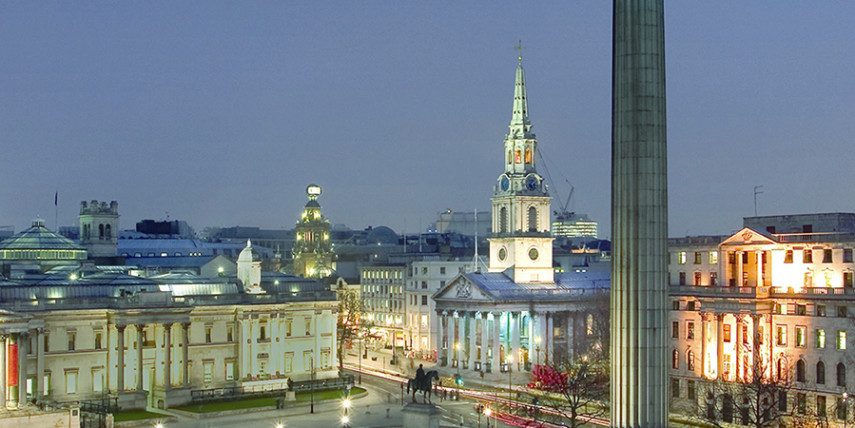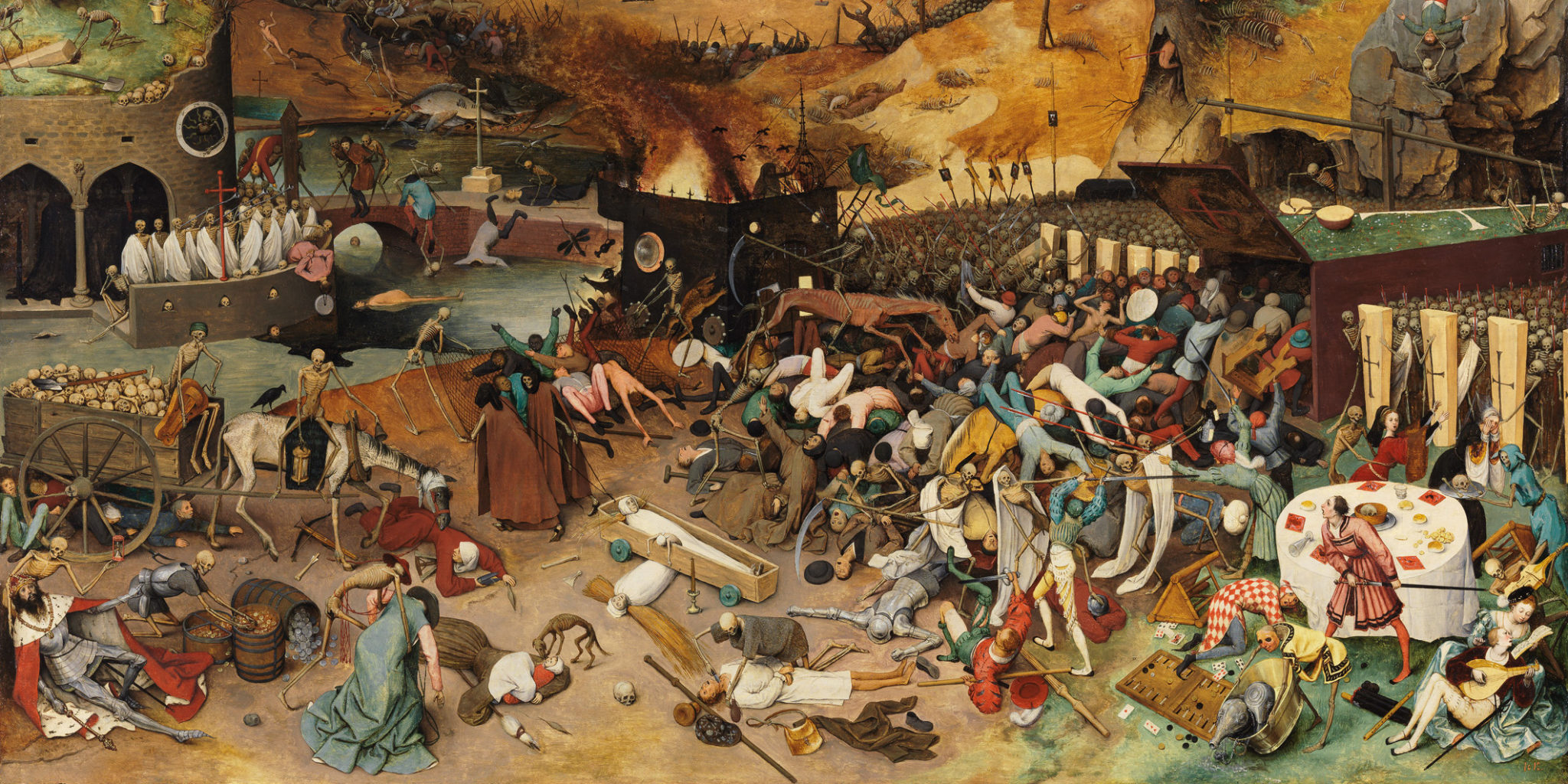 On a cold Sunday evening, in the comfort of one’s own living room, it was a delight to sit back to hear once again the ACC8, performing at The Melbourne Digital Concert Hall. The performance was presented from Mandeville Hall, which was also the venue for the opening concert of ACC’s 2020 season, and, to date, the only live program of the season, due to the pandemic.
On a cold Sunday evening, in the comfort of one’s own living room, it was a delight to sit back to hear once again the ACC8, performing at The Melbourne Digital Concert Hall. The performance was presented from Mandeville Hall, which was also the venue for the opening concert of ACC’s 2020 season, and, to date, the only live program of the season, due to the pandemic.
Undaunted, however, small groups from the Australian Chamber Choir have now presented three concerts in the ACC’s digital series, the first by ACC4 and more recently by ACC8.
In Sunday’s performance, Douglas Lawrence, musical director, conducted ACC8 in repertoire from the choir’s 2017 tour of Europe. The music focussed on works of composers who worked in various European cities.
Thus, Vienna was represented by Brahms and Mozart, with the program opening with O Heiland reiß die Himmel auf Op.74, a dramatic motet by Brahms. The eight well-blended voices reveled in the complexity of this music, with the physical spread of singers enhancing the sound. This was followed by Ave Verum of Mozart, arranged by Alizabeth Anderson for unaccompanied choir.
Next we travelled vicariously to Rome for Palestrina Mass and on to Zittau (in Saxony), to hear Alleluia by Andreas Hammerschmidt. From there a trip to Moscow elicited a most moving performance of Bogoroditse Devo by Sergei Rachmaninoff.
A musical skip across vast distances brought us to London. Here, ACC8 visited William Byrd’s London, uplifting the mood with O Sing Joyfully. A visit to London means the music of Elgar is not far away. Elizabeth Anderson’s eight part arrangement of Nimrod, with its connotation of sorrow, transforms into Agnus Dei from a Requiem mass. Those who have heard the full Australian Chamber Choir performance, will be delighted to hear this ACC8 one, where the vocal interweaving is intensified by the clarity of single voices.
The anguish of death was replaced by dripping emotion of the lovelorn in the mastery of three Monteverdi madrigals, representing Venice, before a return to Germany for the final two European cities. Berlin was represented by Josef Rheinberger’s Abendlied. Finally, grounding the whole program in the assured polyphony of Bach, the ACC8 landed in Leipzig for the masterful motet Ich lasse dich nicht (BWV Anh.159).
Back on home territory in Melbourne, ACC8 presented an encore, We’ll Meet Again, by Hugh Charles (1907–95) and Ross Parker (1914–74) (arr.Anderson). This was not only a hope for the future, but a tribute to Dame Vera Lynn who died on Thursday June 18th. It was a fitting end to a wonderful tour.
I note that there are several advantages in the digital format, with the technology of the recording constantly improving. The camera work is excellent, making for a complete view of the group, with frequent close-ups. The sound is of high quality – naturally limited by the quality of your sound system. There is also no need to travel, and you can sit in your favourite arm chair, with your choice of refreshments, as you listen. But nothing can replace the full surround sound of a live performance in a hall teeming with music lovers.
The next of the ACC digital series is titled Influenza, and will be presented on Sunday, July 26th, at 5pm. This is music from renaissance Italy, where influenza got its name. I urge you to attend, and in doing so, support the Australian Chamber Choir through this difficult time. Tickets are available at the Digital Concert Hall.

